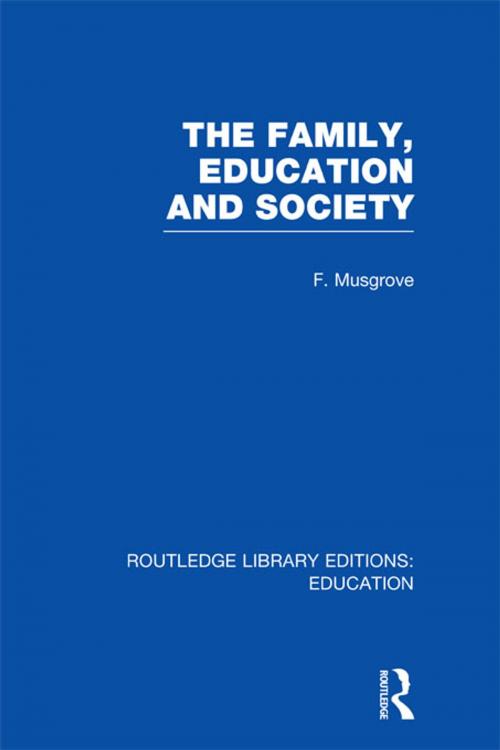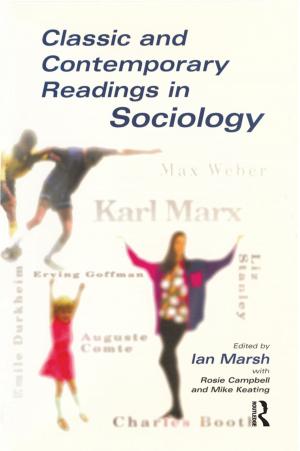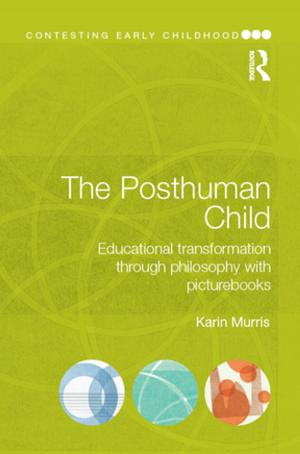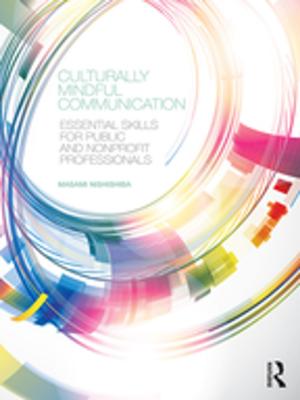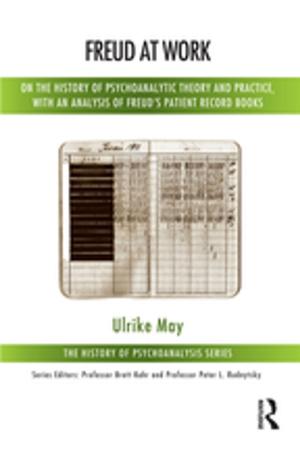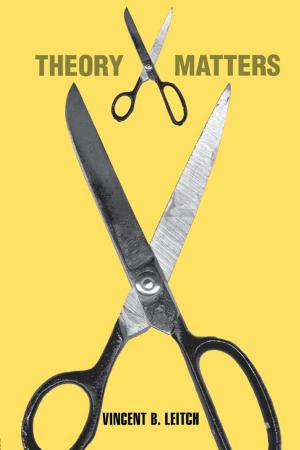The Family, Education and Society (RLE Edu L Sociology of Education)
Nonfiction, Reference & Language, Education & Teaching, Educational Theory, Philosophy & Social Aspects| Author: | Frank Musgrove | ISBN: | 9781136460869 |
| Publisher: | Taylor and Francis | Publication: | May 16, 2012 |
| Imprint: | Routledge | Language: | English |
| Author: | Frank Musgrove |
| ISBN: | 9781136460869 |
| Publisher: | Taylor and Francis |
| Publication: | May 16, 2012 |
| Imprint: | Routledge |
| Language: | English |
In this provocative study the author challenges many contemporary assumptions about the modern family, the circumstances of home life which lead to academic success and the proper relationship between home and school. The modern family is not ‘in decline’; its history is a success story. It is stable, unsociable, emotionally potent. Over the past three centuries it has turned its back on society. It is less remarkable for rebellious children than for the remorseless pressures it can exert upon the young, particularly for ‘success’ in the school system.
In the home-centred society the school is an extension of the home, created in its image. Academic success seems most certain when the ‘good home’ and the ‘good school’ form a determined alliance. The combined pressures of home and school often seem to produce withdrawn, self-disparaging and negative young men and women. The author argues that the good school must counter-act many of the influences of the good home and that the educational system must re-order its affairs so that it is able to encourage and assess achievement which comes from joy rather than neurotic drive.
In this provocative study the author challenges many contemporary assumptions about the modern family, the circumstances of home life which lead to academic success and the proper relationship between home and school. The modern family is not ‘in decline’; its history is a success story. It is stable, unsociable, emotionally potent. Over the past three centuries it has turned its back on society. It is less remarkable for rebellious children than for the remorseless pressures it can exert upon the young, particularly for ‘success’ in the school system.
In the home-centred society the school is an extension of the home, created in its image. Academic success seems most certain when the ‘good home’ and the ‘good school’ form a determined alliance. The combined pressures of home and school often seem to produce withdrawn, self-disparaging and negative young men and women. The author argues that the good school must counter-act many of the influences of the good home and that the educational system must re-order its affairs so that it is able to encourage and assess achievement which comes from joy rather than neurotic drive.
